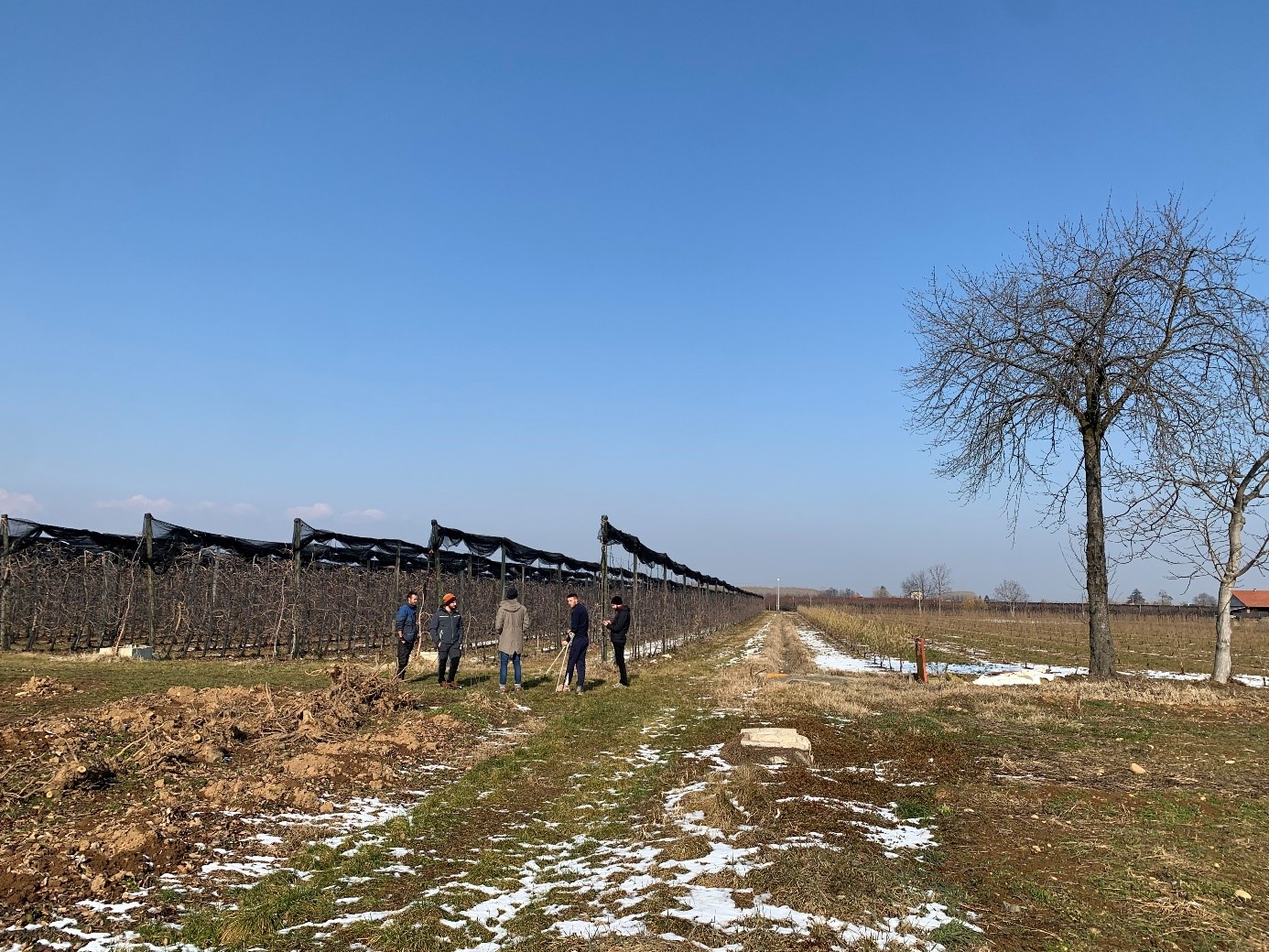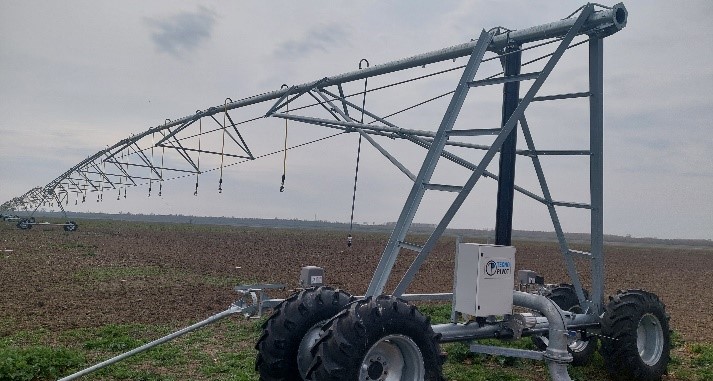
World Meteorological Day 2025
Cover image: New Africa/Shuttertsock.com
World Meteorological Day is celebrated annually on March 23, marking the date in 1950 when the Convention establishing the World Meteorological Organization (WMO) officially took effect. This day recognizes the essential role of meteorology in weather forecasting, climate monitoring, and disaster risk reduction.
The theme for World Meteorological Day 2025 is “Closing the Early Warning Gap Together.” This theme emphasis the importance of enhancing early warning systems to improve disaster preparedness and response. As climate-related disasters become more frequent and severe, global cooperation in meteorology and hydrology is crucial for mitigating their impacts.
According to WMO Secretary-General Prof. Celeste Saavedra, the theme reflects a growing need for better communication, data-sharing, and technological advancements in weather prediction. “Early warning systems save lives. By working together, we can ensure that even the most vulnerable communities receive timely alerts and take necessary action,” she stated.
The World Meteorological Organization (WMO) recently confirmed that 2024 was the hottest year on record, highlighting the accelerating impacts of climate change. Rising global temperatures are fueling more extreme weather events, including rapidly intensifying tropical cyclones, devastating rainfall, storm surges, flooding, deadly droughts, and wildfires.
Recent studies show that effective early warning systems can significantly reduce casualties and economic losses during extreme weather events. However, one-third of the world’s population still lacks access to proper early warning mechanisms. Bridging this gap requires international collaboration, investment in weather forecasting technology, and improved data accessibility.
As climate change intensifies extreme weather patterns, the role of meteorology has never been more critical. “Closing the Early Warning Gap Together” serves as a reminder that protecting lives and livelihoods requires a shared global effort. Governments, organizations, and individuals must collaborate to ensure that no community is left behind when facing climate-related threats.
In response to the increasing frequency and severity of extreme weather events in 2024, the MAGDA project contributes to provide extreme rainfall warnings to support agricultural activities by integrating new spatial technologies into weather and hydrological models.
Links
https://wmo.int/site/world-meteorological-day-2025
Keywords
World Meteorological Day, Early warning systems, climate change, agriculture sector


